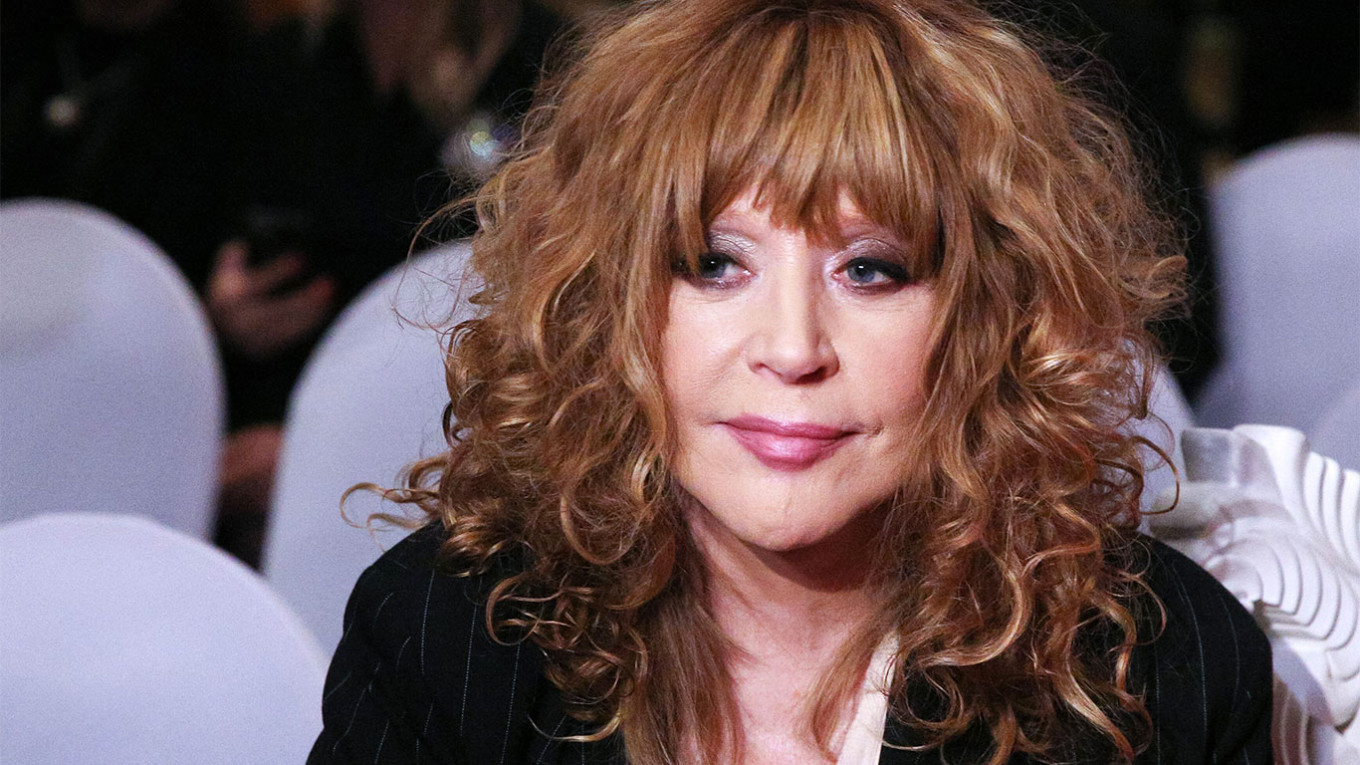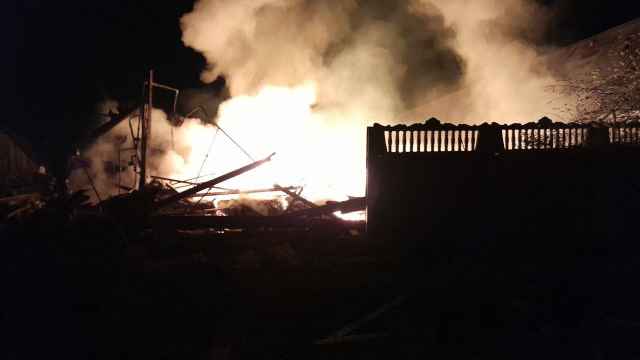Russian musical superstar Alla Pugacheva slammed critics of her opposition to Russia's invasion of Ukraine on Tuesday, calling supporters of the war "slaves" and "lackeys."
"How lucky am I to be hated by the people I've always hated," Pugacheva wrote in an Instagram post.
"The reason is clear," she added, in an apparent reference to the Ukraine invasion.
Pugacheva, 73, became the most high-profile cultural figure in Russia to speak out against the war after her husband, the comedian Maxim Galkin, was labeled a "foreign agent" last month. The singer publicly asked authorities that she be named a "foreign agent" alongside her husband and condemned Russia's invasion of Ukraine for its "illusory goals that turned our country into a pariah state."
"If they liked me, it would mean I was singing and living in vain," she said on Tuesday. "Let them gnash their teeth. They were lackeys, they turned into slaves."
While Pugacheva's initial broadside split her fanbase along ideological lines, her scathing comments on Tuesday about those who support President Vladimir Putin's invasion of Ukraine could further polarize public opinion in Russia.
The singer's latest post comes less than a week after Russian media reported that she had returned to Israel, where she initially moved with Galkin and their children after the start of the invasion of Ukraine in February before returning to Russia this summer.
Police in the Moscow region told state media on Sept. 20 that they had received a complaint about Pugacheva's initial anti-war post for violating the country’s laws against "fake news" about the military, which have effectively silenced voices critical of the war.
A Message from The Moscow Times:
Dear readers,
We are facing unprecedented challenges. Russia's Prosecutor General's Office has designated The Moscow Times as an "undesirable" organization, criminalizing our work and putting our staff at risk of prosecution. This follows our earlier unjust labeling as a "foreign agent."
These actions are direct attempts to silence independent journalism in Russia. The authorities claim our work "discredits the decisions of the Russian leadership." We see things differently: we strive to provide accurate, unbiased reporting on Russia.
We, the journalists of The Moscow Times, refuse to be silenced. But to continue our work, we need your help.
Your support, no matter how small, makes a world of difference. If you can, please support us monthly starting from just $2. It's quick to set up, and every contribution makes a significant impact.
By supporting The Moscow Times, you're defending open, independent journalism in the face of repression. Thank you for standing with us.
Remind me later.






